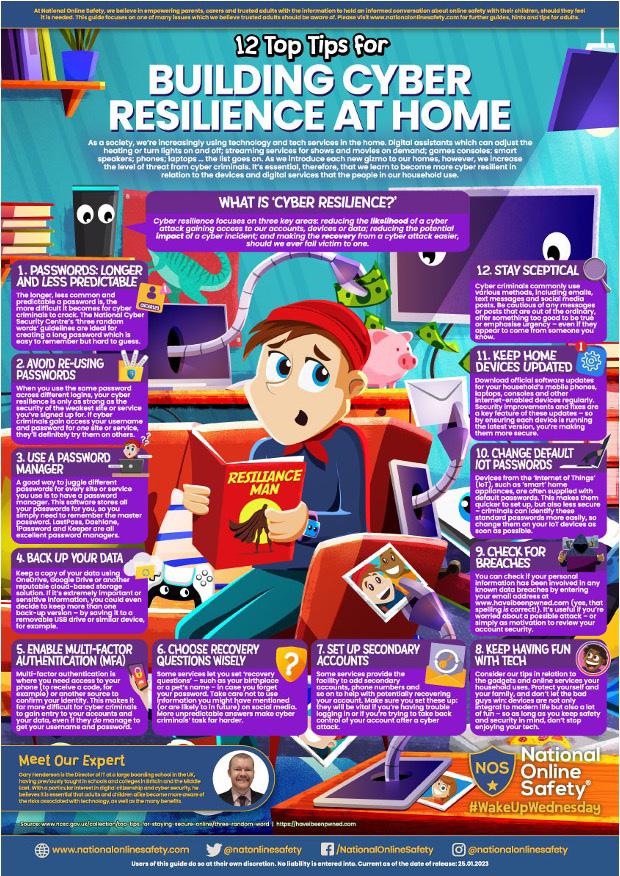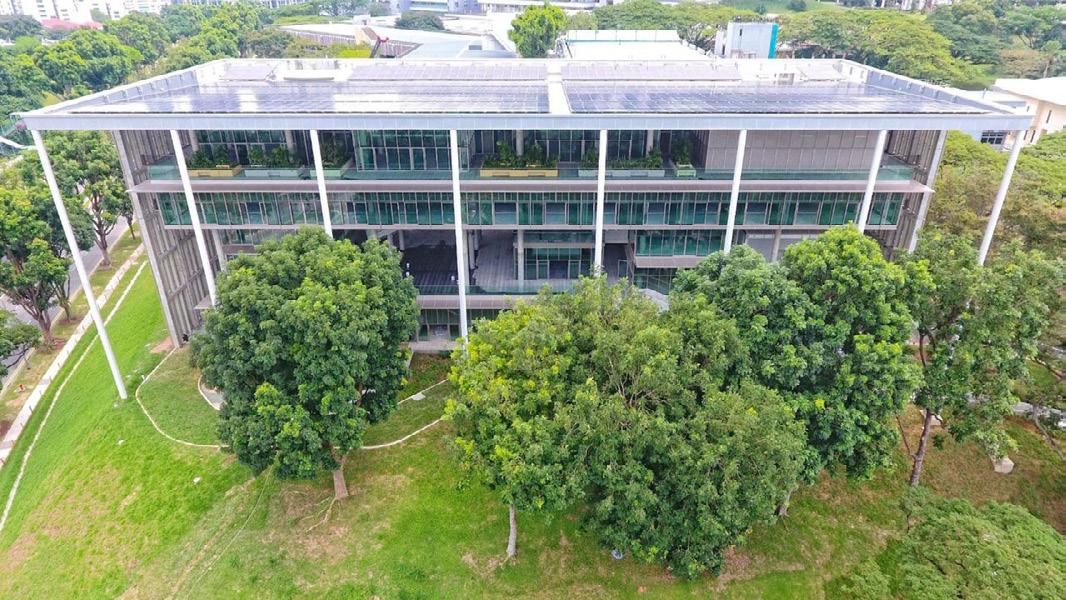
2 minute read
#237: toP tiPs for Building cYBEr rEsiliEncE at HomE
In the last couple of decades, the volume of online traffic has increased exponentially –but, by and large, people’s awareness of the accompanying risks hasn’t grown along with it. To illustrate the scale of the issue, consider this: a report by the Internet Crime Complaint Centre found that, in the US during 2020, there was a successful cyber-attack every second. Yes: every second.
Criminals continue to find new and devious ways to attempt to hijack our online transactions and harvest our private information. To them, the smart devices that many of us now use as standard at home are simply a convenient back door into our lives – and our networks. In the guide you’ll find tips on a number of potential risks such as how to use a password manger, how to back up your data and how to check for breaches.
Our next PTG Tech Talk event will focus on Video Gaming and will take place on Tuesday 7th February at 8.00 am in the Secondary Library Green Room (LIB 207). Sign up here, hope to see you there.
Have a great weekend.
Brian Taylor Assistant Principal, Campus Curriculum Technology Integration
CY-2023-009
Lecture
The Association of Siamese Architects under the Royal Patronage In Collaboration with the Siam Society Under Royal Patronage Presents
Beyond Net-Zero: Local Wisdom and Sustainable Architecture of NUS SDE4 NZEB

A Talk by Johannes Widodo
Making a modern contemporary building which is not only sustainable and green but also netzero aimed at human wellness is not rocket science. Sustainability, liveability, and resilience depend not on smart technology but cultural wisdom, like the principles of tropical vernacular architecture, human-centred design, and common sense.
The talk is about the architecture of NUS SDE4, the first Zero-Energy Certified building in Singapore and Southeast Asia, the first university building in the world and the first building in Singapore that received the International WELL Building Institute 2019- WELL Certified Gold (1st). It will reveal the innovative design of one of the World’s 6 Most Beautiful Buildings That Redefine Sustainable Architecture (according to the Architecture Digest, 2022), based on our tropical Southeast Asian local vernacular wisdom. The building, completed in 2020, is actually an energy-positive building with a low maintenance cost, part of the national water resilience endeavour, promoting natural biophilia, providing better human health, and advocating change in mindset.
After the talk, a discussion with Dr Johannes Widodo, Dr Winyu Ardrugsa from the Architecture Department, Faculty of Architecture and Planning, Thammasat University and Prof Dr Atch Sreshthaputra from the Department of Architecture, Chulalongkorn University will be conducted.
Dr Johannes Widodo
Dr Johannes WIDODO is the director of Graduate Programs in Architectural Conservation at the National University of Singapore. He is an Associate Member of the Singapore Institute of Architects (SIA), the founder of mAAN (modern Asian Architecture Network), an Executive Committee member of the Asian Academy for Heritage Management, a jury member for the UNESCO Asia Pacific Awards for Cultural Heritage Conservation, member of ICOMOS International Scientific Committee, a founding member and director of ICOMOS National Committee of Singapore and Indonesia, a founding member of DoCoMoMo Macau and Singapore, the founder and executive director of iNTA (International Network of Tropical Architecture) and a member of TCHS (The Circle of Human Sustainability (Singapore). He is an advisory board member of SEACHA (South-East Asian Cultural Heritage Alliance).
DATE & TIME: Saturday, 18 February 2023 at 14:00
ADMISSION: Member and Students Free of charge
VENUE: Lecture Room, 4/Floor, The Siam Society Non-Members THB 200
TO BOOK: Khun Pinthip at 02 661 6470-3 ext 203 or e-mail pinthip@thesiamsociety.org
Please book your seat(s) in advance by emailing or phoning your booking to the Society.
The Siam Society is deeply grateful to James H.W. Thompson Foundation for its generous support of the 2022–2023 Lecture Series









